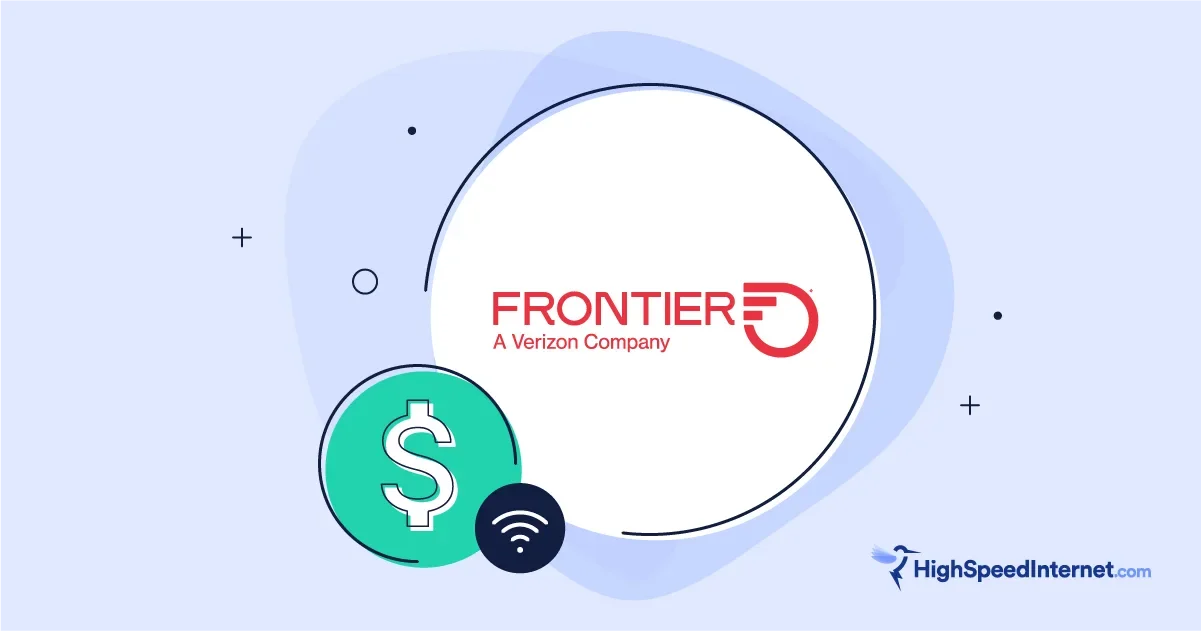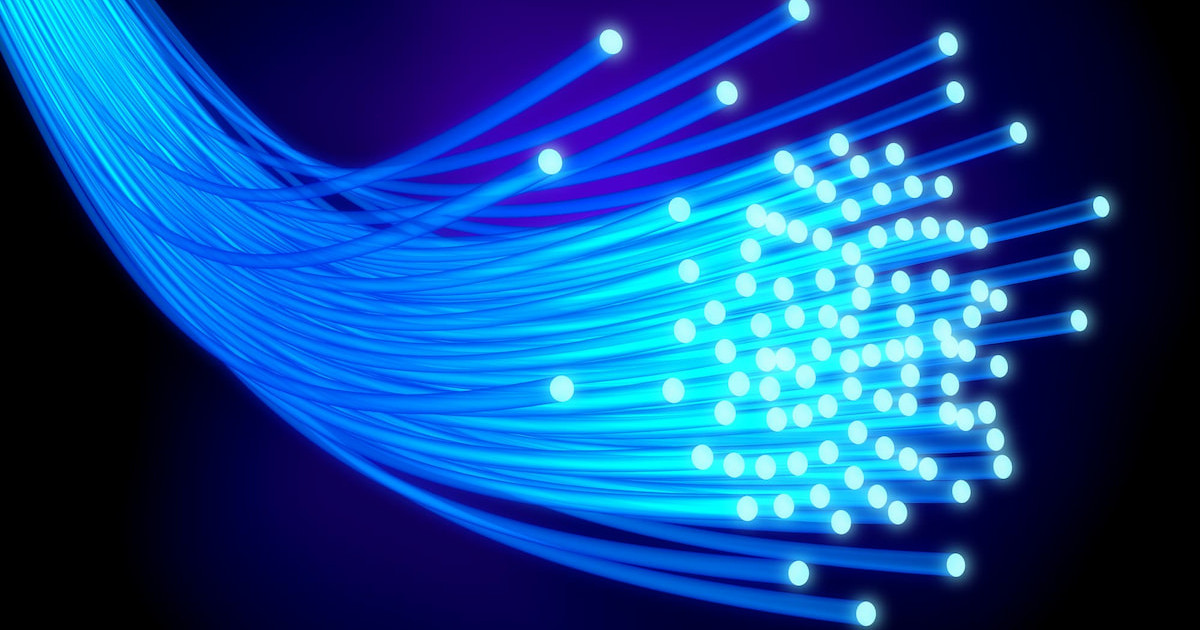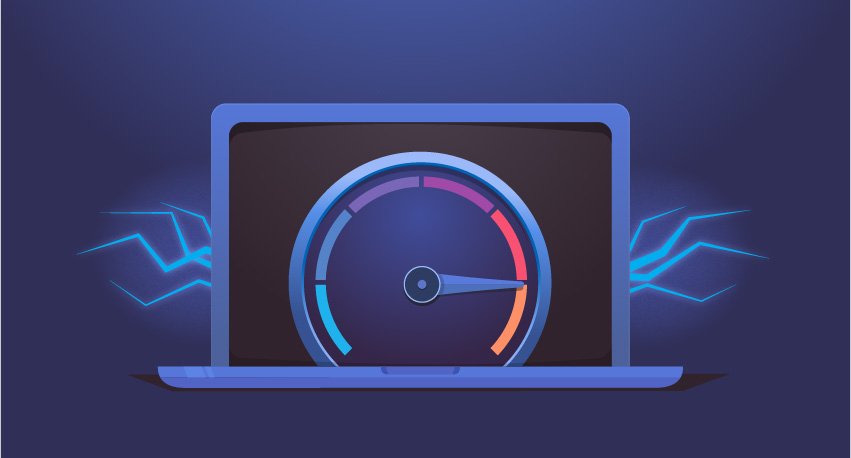Why the ACP Ending is Bad for Consumers
Looking at what might happen if the Affordable Connectivity Program isn’t funded
Mar 20, 2024 | Share
FAQ, Featured, News
The Affordable Connectivity Program (ACP) was designed to be a permanent replacement for the emergency relief programs created during the height of the COVID-19 pandemic. Although the program has no predetermined end date, it has not yet been granted continued funding by Congress. If the proposed bipartisan funding bill is not approved, the FCC will be forced to stop the enrollment of new households in the ACP and begin winding down the program.
The end of the program will have negative consequences for households that have benefited from it, and there are a lot of other reasons why this could be bad. Let’s take a closer look at the current issues the ACP is facing and what that means for internet users.
Why is the ACP ending?
The Affordable Connectivity Program (ACP) helps low-income families afford an internet connection by subsidizing the cost of their internet bill. It replaced the Emergency Broadband Benefit (EBB) program that was instituted in 2021 to help those dealing with the effects of the COVID-19 pandemic. The benefit from the program can be applied to any internet plan, but more than 20 major internet service providers (ISPs) committed to offering eligible households high-speed internet access for $30 or less—the same amount covered by the ACP, thus giving recipients completely free internet access.
Unlike the EBB, which was designed to last only a year, the ACP was supposed to be an ongoing program, similar to programs like Medicaid or WIC. Unfortunately, Congress was unable to pass a funding bill for the program by the end of 2023. A bipartisan funding bill was introduced in early January 2024, but has not yet been passed.
With no guaranteed funding for the program, the FCC has instructed ISPs to notify their ACP customers of the potential end of the program. The program stoppped accepting new applications on Feb. 8, and the program will run out of funds at the end of April and shut down the following month unless a funding bill is approved.
While there is a real danger that the program will come to an end, its shutdown would have many negative outcomes that politicians on both sides of the aisle are eager to avoid.
Ending the ACP will increase costs for consumers
The most direct consequences of the end of the ACP would be felt by the over 22.5 million households that have thus far benefited from the program. The ACP and its predecessor, the EBB, were specifically designed to support the most vulnerable Americans during the height of the pandemic. Low-income households qualified for the program, the ACP also directed funds towards those on programs like Medicaid, those who have received Pell Grants, and those living on tribal lands, which often have less coverage and fewer options when choosing internet providers.
For most people, paying an additional $30 per month on their internet bill is not a trivial change. Thirty dollars can be enough to upgrade to a plan with double the speed with certain providers, so having that additional cost with no benefit would be a very unwelcome surprise. This will be felt even more strongly by those who signed up for specific ACP plans, as it will take their bill from zero to $30 or perhaps even more if providers begin canceling these plans.
While the added cost is the most pressing concern for those in the ACP, an underreported repercussion of the program’s end is the potential reduction in the quality of available connections. One of the stipulations of the ACP was that internet providers were required to give all their subscribers equal access to service. This meant that regardless of where you lived, ISPs were required to provide plans with “comparable speeds, capacities, latency, and other quality of service metrics in a given area, for comparable terms and conditions.”
This was a huge departure from business as usual, as ISPs frequently utilize regional pricing—giving lower prices in more competitive markets while hiking prices in areas where consumers have no other internet choices. The ACP also requires transparency about prices and speeds. Without the ACP, all these and other consumer protections will also disappear.
Many ISPs have announced new discount programs or revived old ones to fill the void left by the Affordable Connectivity Program. We definitely support providers’ efforts to offer affordable internet to underserved populations, but it should be noted that these promises typically lack the guarantees of speed, reliability, and transparency that the ACP included. These programs are a step in the right direction, but won’t fully replace the benefits of the ACP.
Ending the ACP is bad for the telecom industry
The telecom companies that participate in the ACP will also be directly impacted by the end of the program. The ACP subsidy has allowed many households to sign up for an internet plan that they wouldn’t have been able to afford otherwise, giving internet providers a massive pool of new customers. Providers also didn’t have to deal with late or missed payments for plans that were completely covered by the government subsidy.
With the program now running out of funding, there’s suddenly a lot of uncertainty and risk in the telecom industry for investors. The stability that the ACP provides to low-income communities also translates into more confidence for private investors, making them more willing to invest in new developments and infrastructure in those areas. Likewise, ISPs don’t want to advertise ACP plans to these communities, only to incur a public backlash if they have to walk back these claims in a few months. The fact that ISPs have already been forced to issue notices about the end of the program is not great for their public image.
Unsurprisingly, many major internet providers like Comcast and Verizon have come out in support of the ACP. Although ACP subsidies may not be a huge part of these companies’ revenue, the continuing uncertainty surrounding funding can be disruptive to their business model in many other ways.
Small regional internet providers, in contrast, could be hurt much more by the end of the ACP. These smaller ISPs are often located in the underserved urban and rural communities that benefit the most from the ACP. These areas are often overlooked by larger providers because it’s not as financially viable to build out their networks in these areas. The revenue provided by the ACP allowed smaller ISPs to build out their networks in these areas. Without this source of reliable income, many of these regional providers could struggle moving forward.
How Much Internet Speed Do You Need?
Est. Time: 60 seconds
Answer 6 questions and get a personalized internet speed recommendation!
How many people in your household use the internet/WiFi on a daily basis?
How many devices in your home connect to the internet, including tablets, gaming consoles, and smart devices?
How many people in your household work from home?
What video quality do you use for streaming TV and movies?
How intensely does your household participate in online gaming?
Does your household download large files from the cloud or via the internet?
Ending the ACP is counterproductive to public projects
The ACP is just one of several government programs designed to bring internet access to underserved communities. Many of these programs are specifically focused on building internet infrastructure, such as the following:
- The Broadband Equity, Access, and Deployment Program
- The Broadband Infrastructure Program
- The Enabling Middle Mile Broadband Infrastructure Program
- The ReConnect Loan and Grant Program
- The Tribal Broadband Connectivity Program
These programs are all geared towards building out high-speed internet infrastructure into rural areas that ISPs have traditionally overlooked. These are also the same areas where people have most needed the assistance provided by the ACP. By failing to fund the ACP, Congress will also be undercutting the effectiveness of all these other programs into which the federal government already has poured billions of dollars.
What can you do to support the ACP?
The most important thing you can do to support the ACP is to contact your elected officials and tell them that you want Congress to fund the program. The ACP has incredibly broad support. It’s supported by both Republicans and Democrats, by both urban and rural voters, and by both low-income families and huge corporations.
The current bicameral, bipartisan funding bill, the Affordable Connectivity Program Extension Act, was introduced in January 2024, but has yet to be approved. In addition to having the support of politicians from across the political spectrum, over 400 organizations have come out in support of the bill, including AARP, ACLU, and NAACP, as well as most nationwide internet providers. The more people who contact their representatives, the more likely the bill will be passed before the ACP’s funding runs out.
What will happen if the ACP ends?
If no funding bill can be passed, then the FCC will slowly wind down the program. This process began on Jan. 9, when the FCC instructed ISPs to inform their ACP customers that the program would be ending. After Feb. 7, the FCC stopped accepting new applications for the program, but those who are already enrolled will continue to receive benefits for several more months.
Once new enrollments stopped, the FCC determined how long the program had until its current funding runs out. Its last fully funded month will be April, with the last payments to participants going out in May. Payments in May will be partial payments, providing only $7–$16 toward that monthly bill, rather than the full $30.
In March, ISPs were required to send out another message to their ACP customers, informing them that payments would end in May. After that date, households will no longer receive the ACP subsidy toward their monthly bill. A third and final notification about the end of the program will come with the last billing cycle in which the ACP benefit is applied.
Households that were on an ACP plan will lose internet service unless they opt-in to receiving undiscounted service from their ISP. To avoid an interruption in service, you must do the following:
- Acknowledge receiving the disclosures about the ACP ending
- Consent to receive internet service without the ACP discount
- Pay your full bill for the upcoming month
If you continue to receive internet service from the same provider, you will be subject to the company’s undiscounted rates as well as its general terms and conditions without the consumer protections afforded by the ACP.
Failing to fund the ACP will not only put economic stress on former ACP recipients, it could also mean job losses and loss of access to healthcare and education. According to a national survey of ACP Participants conducted by Benenson Strategy Group, people are very concerned about what will happen if the ACP ends.
- 65% of ACP participants fear losing their job or their household’s primary source of income.
- 75% of ACP participants fear losing access to important healthcare services, like online appointments or prescription medicine refills.
- 81% of ACP parents worry about their children falling behind in school.
What should you do if the ACP ends?
The first thing you should do if the ACP starts winding down is look at your budget, determine how much you can spend on your internet bill, and determine how much speed you need for your household.
Once you know what you’re looking for, you should consider all the options you have in your area. Although sticking with the same provider might be the most convenient option, it might not be the best option without the ACP benefit. Many providers have their own discount programs that you might qualify for.
There are also other government programs to help make internet service more affordable, such as the Lifeline program. Although these programs have slightly different requirements than the ACP, many people who qualified for the ACP will also qualify for at least one of the similar government programs.
Finally, there are other ways to get free or low-cost internet service through ISPs, non-government programs, or other methods. Just remember to weigh the pros and cons of any approach to make sure that you’re getting what works best for you in terms of both cost and speed.
Additional resources
If you’d like to find out more about internet discounts and other ways of finding affordable internet plans, we have lots of other articles on those subjects.
Author - Peter Christiansen
Peter Christiansen writes about telecom policy, communications infrastructure, satellite internet, and rural connectivity for HighSpeedInternet.com. Peter holds a PhD in communication from the University of Utah and has been working in tech for over 15 years as a computer programmer, game developer, filmmaker, and writer. His writing has been praised by outlets like Wired, Digital Humanities Now, and the New Statesman.




